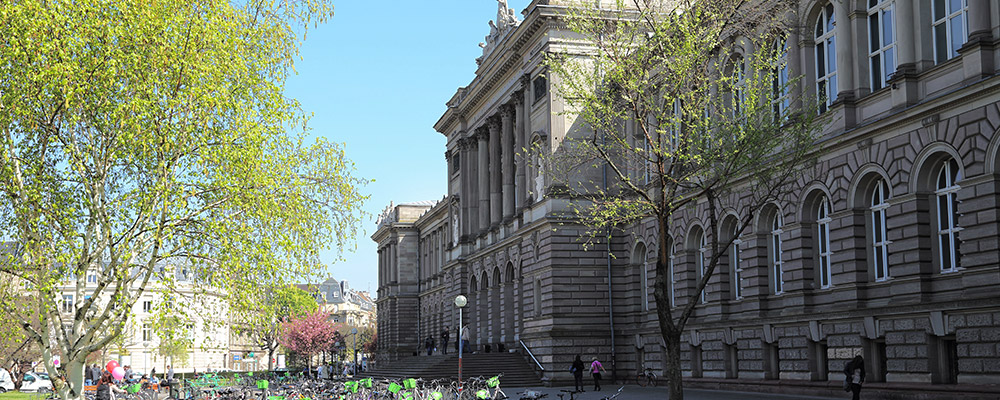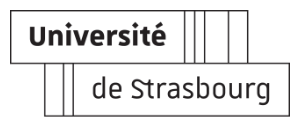Accueil » WP5: A tool for dialogue between citizens and public authorities

Successful energy-climate planning, which leads to a drastic reduction in energy requirements and greenhouse gas emissions (gases that modify climate change), requires the involvement of a large number of players in the local area. Such planning mobilizes so many players and so much data, that data-bases on energy and pollutant emissions need to be detailed, transparent and sufficiently open so that all the players involved can familiarize themselves with them, take part in their analysis, debate and decision-making concerning the future of their territory. It also requires the generation of feasible scenarios of this possible future. Action 3 lasts throughout the project. It responds to the project’s need to integrate the various components of an intelligent energy system.
The action aims to bring citizens and local players together to discuss energy and climate planning, using a common planification tool. The tool will be built by structuring a shared, transparent database with sufficiently fine-grained geographical, sectoral, economic and administrative resolutions to enable scenarios to be drawn up. The structuring of the tool will be discussed with the various players in society (researchers, associations, consultancies, citizens, collectives, local authorities, companies, states/regulators of the Energy Transition) to make it a mobilizable tool that can help define effective strategies for energy sobriety and efficiency, that are climate-neutral and ecologically sustainable.
The action is divided into sub-actions. The first sub-action aims to analyze the current conditions of mutual expectations between public authorities and citizens in terms of energy planning. This involves analyzing energy planning documents, with a focus on public authorities’ actions in the field of sobriety (notably aimed at influencing citizens’ living environment and practices), and conducting surveys on citizens’ representation of these actions. Ultimately, the aim is to identify levers for improved consultation. The second sub-action aims to develop a tool for concertation around energy sobriety and energy planning in general.
It will be able to complete the studies, in particular by identifying possible mismatches between the expectations of politicians (action 2) and those of households on questions of sobriety and energy management (and more specifically self-consumption, action 4). It will draw on analyses of stakeholder networks (action 6) and new technologies for predicting consumption and managing energy (action 8-12).
The project now involves the participation of Florian LABAUDE (UNISTRA doctoral student at LIVE) and Thierry de Larochelambert (emeritus researcher at Institut FEMTO-ST, Université de Franche-Comté).

Université de Strasbourg
4 Rue Blaise Pascal
67081 Strasbourg
Copyright © 2024-2025 IRIMAS Institute | Université de Haute-Alsace